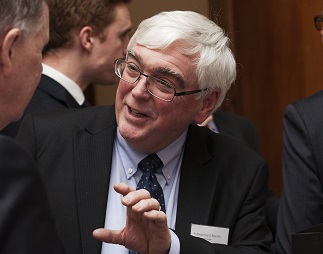Links to external sources may no longer work as intended. The content may not represent the latest thinking in this area or the Society’s current position on the topic.
Fellows' Research Weekend
Research Weekends at Chicheley Hall are part of the Fellows' Social Programme at the Society's. These meetings have a relaxed 2-day format, which aims to bring together our Fellows to share interesting science in an informal and social setting. This meeting is hosted by Professor Jenny Nelson FRS and Professor Paul O'Brien FRS and will cover a wide range of topics from climate science to Alzheimer's disease.
To cover some of the accommodation and catering costs we ask for a contribution of £65 from Fellows and Foreign Members. Guests of are very welcome, and do not need to be a Fellow to attend. However, there is a separate pricing structure for guests.
To book a place on the research weekend or for further information please contact Jenna Lane on fellowship@royalsociety.org
Organisers
Schedule
| 13:45 - 14:30 |
The technical Lego of hearing, or how the inner ear does a hard job with soft parts
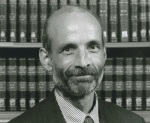
Professor Jonathan Ashmore, University College London, UK

Professor Jonathan Ashmore, University College London, UKJonathan Ashmore is Bernard Katz Professor of Biophysics at University College London. Although he completed a PhD in theoretical physics with Tom Kibble at Imperial College London and worked for a short while as a postdoc with Abdus Salam in Trieste, he moved to studying biology after reading C H Waddington's books on 'Towards a Theoretical Biology'. And promptly took up laboratory work, first in visual neuroscience, working on the retina in the Biophysics Department at UCL and then at the University of California in San Francisco. He started working on hearing mechanisms while a temporary lecturer at Sussex University and then in 1983 moved to the University of Bristol as a lecturer. He became a Professor in 1993 before taking up his current appointment at UCL in 1996. He has worked in Japan and for a while held a research chair at the Institut Pasteur in Paris, but still considers himself primarily a lab rat. |
|---|---|
| 14:40 - 15:25 |
The evolution of climate science

Professor Julia Slingo, Met Office, UK

Professor Julia Slingo, Met Office, UK |
| 15:45 - 16:30 |
Molecular and nano structured materials for solar cells
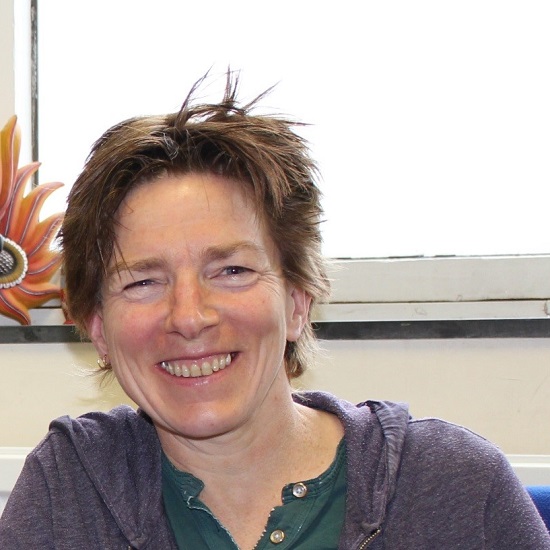
Professor Jenny Nelson FRS, Imperial College London, UK

Professor Jenny Nelson FRS, Imperial College London, UKJenny Nelson is a Professor of Physics at Imperial College London, where she has researched novel varieties of material for use in solar cells since 1989. Her current research is focussed on understanding the properties of molecular and hybrid semiconductor materials and their application to solar energy conversion. She also works with the Grantham Institute for Climate Change at Imperial to explore the mitigation potential of renewable energy technologies. She is an ISI Highly Cited Researcher in Materials Science and has published over 250 articles and a book on the physics of solar cells. She was elected as a Fellow of the Royal Society in 2014. |
| 18:00 - 18:45 |
Alzheimer’s disease: addressing a twenty-first century plague

Professor Chris Dobson FMedSci FRS, University of Cambridge, UK

Professor Chris Dobson FMedSci FRS, University of Cambridge, UKChris Dobson is the John Humphrey Plummer Professor of Chemical and Structural Biology at the University of Cambridge, and Master of St John’s College. He was an undergraduate, graduate student and research fellow at the University of Oxford. He then became an Assistant Professor of Chemistry at Harvard University before returning to Oxford where he was a Professor of Chemistry until moving to Cambridge in 2001. His research activities are primarily concerned with discovering the fundamental origins of neurodegenerative disorders such as Alzheimer’s and Parkinson’s disease, with the objective of identifying new strategies for their prevention or treatment. He is a Fellow of the Royal Society and of the Academy of Medical Sciences, and a Foreign Associate of the US National Academy of Sciences. He is the recipient of numerous awards including the Davy and Royal Medals of the Royal Society and most recently the 2014 Dr H.P. Heineken Prize for Biochemistry and Biophysics from the Royal Netherlands Academy of Arts and Sciences, and the Feltrinelli International Prize for Medicine, Accademia Nazionale dei Lincei, 2014. He was elected to the Fellowship in 1996. |
|---|
| 10:15 - 11:00 |
Designing and discovering functional organic materials
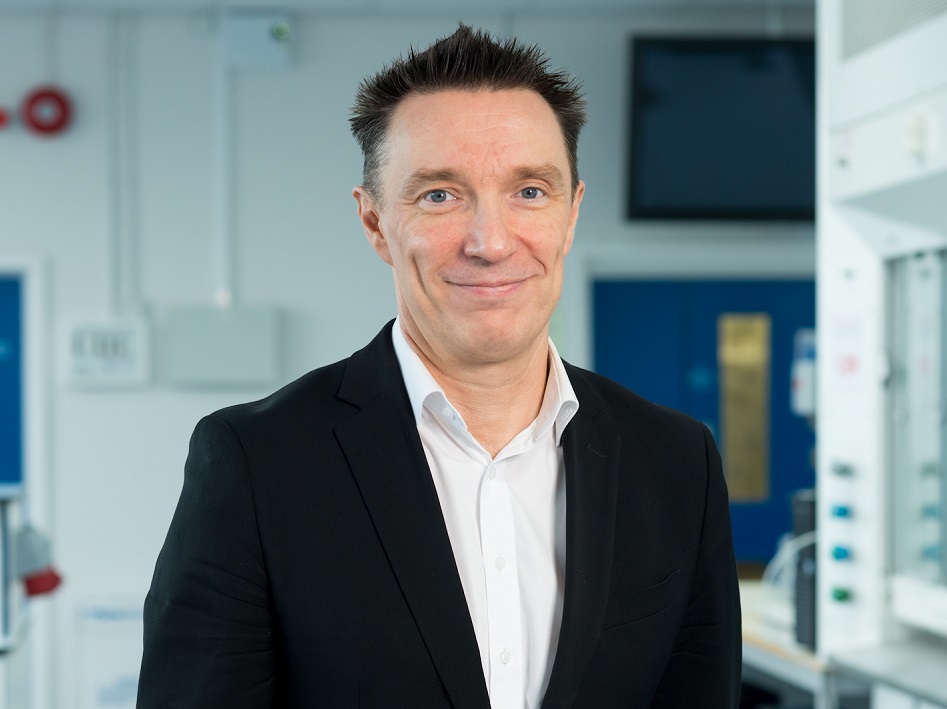
Professor Andrew Cooper FRS, University of Liverpool, UK

Professor Andrew Cooper FRS, University of Liverpool, UKAndy led the bid to establish the Materials Innovation Factory (MIF) via the UK Research Partnerships Infrastructure Fund and he is its first Academic Director. He is also the Director of the £10 M Leverhulme Centre for Functional Materials Design. His main research interests are organic materials, supramolecular chemistry, and materials for energy production and molecular separation. This is underpinned by a strong technical interest in high-throughput methods and robotics. Andy was elected to the Royal Society in 2015. He has been awarded the Macro Group Young Researchers Award (2002), the RSC Award in Environmentally Friendly Polymers (2005), the McBain Medal (2007), the Corday-Morgan Prize (2009), the Macro Group Award (2010), a Royal Society Wolfson Research Merit Award, the Tilden Prize (2014), the American Chemical Society Doolittle Award (2014) and the Hughes Medal (2019). He was also the 2015 MIT-Georgia Pacific Lecturer in Organic Chemistry. In both 2011 and 2014, Andy was named in a Thomson Reuters list as one of the Top 100 materials scientists of the last decade. He was also named in the more recent 2017 Clarivate Highly Cited list in the field of chemistry. He was awarded an ERC Advanced Investigators grant in 2012 (RobOT). In 2015, he was appointed as a Consultant Professor in Hauzhong University of Science & Technology, China. He was also appointed as an Honorary Professor at East China University of Science and Technology, Shanghai, in 2017. |
|---|---|
| 11:10 - 12:05 |
Averting a public health catastrophe by breaking the resistance cycle
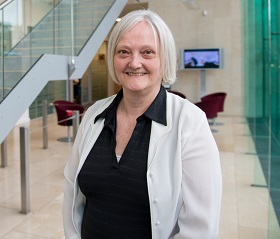
Professor Janet Hemingway CBE FRS, Director, Liverpool School of Tropical Medicine

Professor Janet Hemingway CBE FRS, Director, Liverpool School of Tropical MedicineProfessor Janet Hemingway is Professor of Insect Molecular Biology and Director of the Liverpool School of Tropical Medicine. With over 450 staff based in Liverpool, Malawi and several other tropical locations. She is also a Senior Technical Advisor on Neglected Tropical Diseases for the Bill and Melinda Gates Foundation, and has 38 years’ experience working on the biochemistry and molecular biology of specific enzyme systems associated with xenobiotic resistance. She has been PI on projects in excess of £60 million including the Bill and Melinda Gates Foundation funded Innovative Vector Control Consortium. She holds a BSc in Genetics and Zoology from Sheffield University; a PhD on ‘The biochemistry and genetics of insecticide resistance in Anopheles' from the University of London (London School of Hygiene and Tropical Medicine). Professor Hemingway was awarded the Commander of the British Empire (CBE) for services to the Control of Tropical Disease Vectors 2012. |

